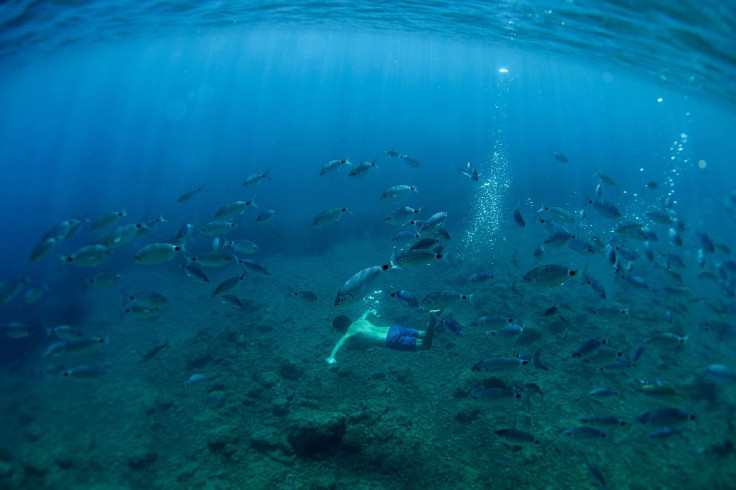Climate change will kill your brain by reducing fatty acid: Study
Climate change can lead to a drastic reduction in fatty acids essential for brain health.
Climate change will fry your brains, literally, according to a new study. By 2100, a majority of the world population will lack access to a brain-building, naturally-occurring fatty acid.
Global warming will reduce the availability of Docosahexaenoic acid (DHA), a fatty acid that is abundantly found in mammalian brains. It is primarily acquired from eating seafood and fish. People also take Omega-3 supplements which contain fatty acid. It is produced by biochemical reactions in the body, which are highly temperature-sensitive.
The findings were made by a joint team of multiple Canadian universities using a mathematical model on the effect of global warming on DHA production and availability. They found that if climate change continues unabated, it will threaten the brain functioning of 96 percent of the population by the next century.
Global warming will threaten the production of fish throughout the world which will threaten DHA production. Given the rate of growth of the global population, only small countries with large fish supplies may get their DHA requirement by 2100.
The lack of DHA will put people at risk. It is expected to increase the occurrence of prenatal and natal diseases – DHA is a building block of the brain and infants and fetuses will be the worst affected.
"According to our model, global warming could result in a 10 to 58% loss of globally-available DHA in the next 80 years. A decrease in levels will have the greatest effect on vulnerable populations and periods of human development, such as fetuses and infants, and may also affect predatory mammals, especially those in Polar Regions," the study stated.
DHA not only plays an important role in the functioning and structure of the brain's cerebral cortex but also the functioning of retina and skin.
The effect of climate change will be mostly felt on freshwater fishing zones and marine zones. According to the researchers, the impact will be affected by some populations more than others in the world – interior Africa will be the worst affected.

© Copyright IBTimes 2025. All rights reserved.





















